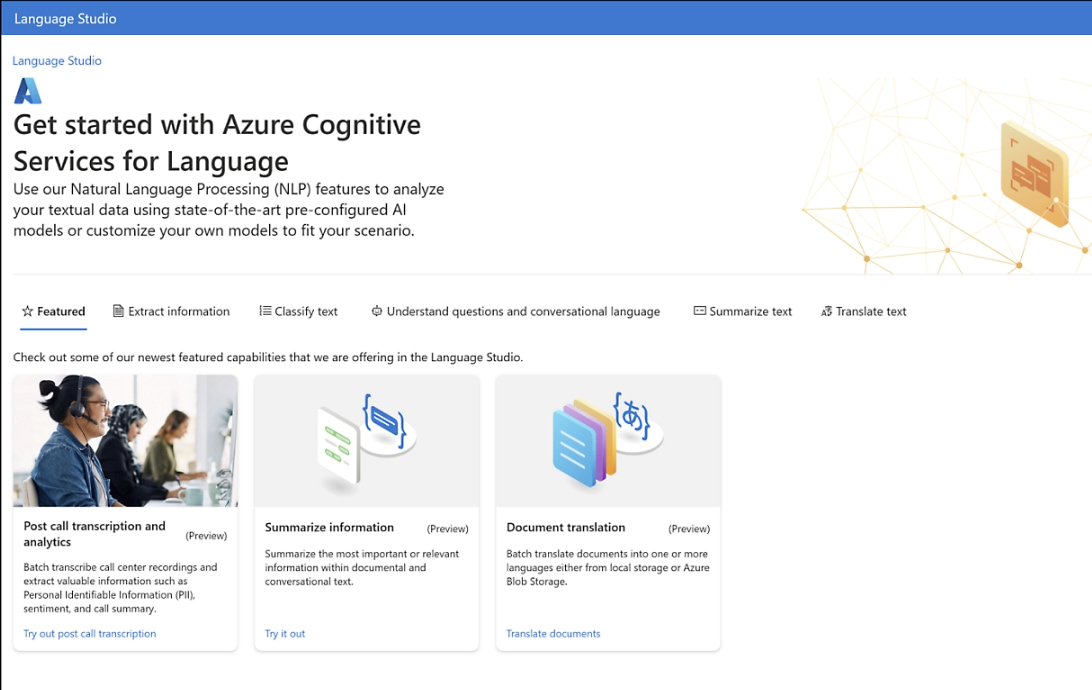AI has been gaining ground in the workplace over the past few years, and one of the types of AI that has begun to come to the forefront is Generative Artificial Intelligence. This type of AI has the ability to redefine the workplace, so it is crucial to understand how it impacts current and future jobs. In this article, we will explore generative AI, its differences from non-generative AI, and how it is changing the employment landscape.
What is Generative AI?
Generative AI is a subfield of AI that focuses on creating models capable of generating new and original content from existing data. These models can be used in a wide variety of applications, from producing images, text and music to generating solutions for complex problems in science and engineering. Generative AI uses deep learning techniques, such as generative neural networks and generative adversarial networks, to learn from data and produce unique and creative results.
On the other hand, non-generative AI focuses on decision making and problem solving through the use of rule-based algorithms and data analysis. These non-generative systems are typically more limited in terms of their ability to adapt and evolve, as they are designed to address specific tasks and cannot generate new and original solutions in the same way as generative AI.
Applications of Generative AI in the Workplace
The impact of generative AI in the workplace manifests itself in several aspects. One is the automation of repetitive and monotonous tasks, allowing employees to focus on more value-added and creative activities. By freeing workers from these tasks, generative AI has the potential to improve efficiency and productivity in organizations, as well as increase employee satisfaction and engagement.
In addition, generative AI can help companies innovate and keep up with the times. The ability of generative models to generate new and original content can be used to drive innovation in areas such as product design, content creation, and research and development. This means that companies that adopt generative AI will be in a stronger position to compete in the global marketplace and adapt to changing consumer demands and market trends.
Generative AI has proven to be particularly effective at generating text content, which has opened up a wide range of applications in the business world. Thanks to deep learning techniques such as neural networks and Natural Language Processing (NLP), generative models can create consistent, high-quality text from existing data, which can result in significant optimization of resources such as time.

Azure Cognitive Services helps build scalable AI solutions for businesses.
One of the main applications of generative AI in text content creation is automated report and document writing. Generative models can be delivered to analyze large volumes of data and generate reports efficiently and accurately. This will save time for employees, who will no longer have to spend hours manually writing reports, allowing them to focus on more strategic and value-added tasks.
Another relevant application is the automatic generation of content for marketing and advertising. Generative AI can be used to create promotional copy, such as ads, social media posts and email campaigns, adapting to the style and tone of the brand and the preferences of the target audience. This can improve efficiency in content creation and allow marketing teams to spend more time planning and executing more far-reaching strategies.
Generative AI can also be employed in the creation of automated, personalized responses for customer support. By analyzing customer queries, generative models can generate consistent and useful answers in real time, which can improve the customer experience by providing fast and effective solutions to their problems. This can also free up time for customer support agents, who will be able to focus on more complex cases that require human intervention.
In addition, generative AI can help in the generation of ideas and summaries in the field of research and development. Generative models can be used to analyze large amounts of information and synthesize findings into concise and accessible summaries. This can facilitate the decision-making process, allowing organizational leaders to make informed decisions based on up-to-date and relevant information without having to spend time reading lengthy documents.
Impact of Generative AI
However, there are also challenges and concerns around the impact of generative AI on jobs. One of the main fears is the adaptation of jobs due to automation and the obsolescence of certain skills and knowledge. While it is true that some roles and jobs may be impacted by the adoption of generative AI, it is also important to note that the technology has the potential to create new jobs and career opportunities.
For example, as generative AI becomes a more integral part of the workplace, new roles and responsibilities related to managing, maintaining and improving generative models will emerge. In addition, generative AI may also offer opportunities for training and skills development in areas such as deep learning, data analytics and systems engineering, which can help employees stay relevant and employable in the future.
The impact of generative AI on the workplace will depend on how companies and employees approach and adapt to this emerging technology. To maximize the benefits of Generative AI, it is critical that organizations invest in training and development of their employees, fostering a culture of learning and adaptability that enables workers to thrive in an ever-evolving world.
Generative AI has the potential to transform the workplace in significant ways, from automating tasks to fostering innovation and creating new roles and responsibilities. Companies and workers that adopt and adapt to generative AI will be better positioned to succeed in the future of work. Would you like to implement AI in your organization? Get in touch with us.